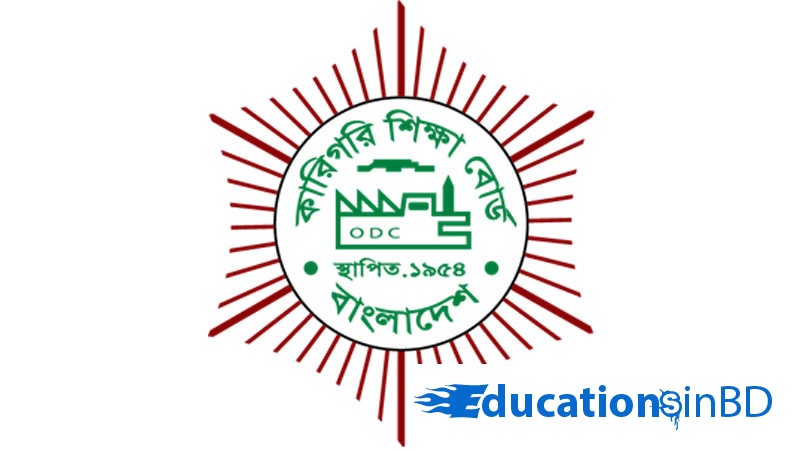Environment Pollution paragraph for Class 6,7,8,9 HSC, SSC Exams পরিবেশ দূষন রচনা
Environment Pollution paragraph for Class 6,7,8,9 HSC, SSC Exams পরিবেশ দূষন রচনা, Environmental pollution is a growing concern in today’s world. It refers to the contamination of the natural environment by human activities, such as industrial production, transportation, and household waste. This pollution affects air, water, and soil and can have serious consequences for both the ecosystem and human health. Air pollution from vehicles, factories, and power plants contributes to respiratory problems and climate change, while water pollution from chemicals and waste can lead to the death of aquatic life and contamination of drinking water. Soil pollution from hazardous waste and pesticides can reduce the productivity of agricultural lands and pose a threat to food security. Governments and individuals must take proactive steps to reduce environmental pollution and adopt sustainable practices to protect our planet for future generations.
Environment Pollution in Bangladesh paragraph
Bangladesh is facing significant environmental pollution challenges, primarily due to its rapid industrialization and population growth. The country’s air quality is impacted by emissions from vehicles and industrial facilities, while its water bodies are contaminated by industrial effluents and untreated sewage. Soil pollution from the use of pesticides in agriculture is also a major concern. The country’s geography, with its low-lying terrain and close proximity to the Bay of Bengal, makes it particularly vulnerable to the impacts of climate change, including increased frequency of natural disasters such as floods and typhoons. Additionally, the burning of crop residue and other biomass for fuel also contributes to air pollution. The Bangladesh government has taken steps to address these environmental challenges, but much more needs to be done to ensure a cleaner and healthier future for its citizens.
To further elaborate, the pollution of the Buriganga River, which flows through the heart of Bangladesh’s capital city Dhaka, is a particularly pressing issue. The river, once a vibrant source of livelihood for many, is now heavily polluted with industrial and human waste, making it difficult for the local population to access clean water. The leather industry in the country is also a major contributor to water pollution, with untreated chemicals from tanneries being dumped into the river. This has led to serious health problems for the people living along the river and the degradation of the surrounding environment.
Another major issue is the lack of proper waste management systems in Bangladesh, which has resulted in a proliferation of garbage in urban areas. This not only affects the appearance of the cities but also contributes to air pollution and attracts pests and diseases. The government has launched initiatives to improve waste management, but it is a long-term and complex problem that requires sustained efforts from all sectors of society.
Environment Pollution paragraph for Class 6,7,8,9 HSC, SSC Exams পরিবেশ দূষন রচনা

In conclusion, environmental pollution is a major threat to Bangladesh’s development and the well-being of its people. Addressing this issue requires a comprehensive approach, including effective regulations, investment in clean technologies, public awareness, and the involvement of all stakeholders, including the government, the private sector, and civil society.
Furthermore, the degradation of natural habitats, such as forests and wetlands, is also a major problem in Bangladesh. Deforestation and the destruction of wetlands have reduced the country’s ability to absorb and filter pollutants, leading to increased environmental degradation. The loss of biodiversity, which is critical to maintaining the balance of ecosystems, is another major concern.
Another issue that exacerbates the pollution problem in Bangladesh is the lack of enforcement of environmental regulations. The weak regulatory framework and lack of political will to enforce existing laws have made it difficult to address environmental challenges effectively. This has allowed industries to continue operating without proper safeguards and has resulted in widespread environmental degradation.
To tackle these problems, the government of Bangladesh has launched several initiatives, such as the Clean Air and Sustainable Environment (CASE) project, aimed at reducing air pollution, and the River Protection project, aimed at cleaning up the country’s waterways. Additionally, civil society organizations and international organizations are working to raise awareness and support sustainable development efforts.
Environmental Pollution
environmental pollution in Bangladesh is a complex and multi-faceted problem that requires the combined efforts of government, industry, and civil society to effectively address. By working together, the country can reduce pollution, conserve its natural resources, and create a more sustainable future for all its citizens.
Another aspect of environmental pollution in Bangladesh is the impact on public health. Exposure to toxic pollutants in the air, water, and soil is a major health concern, causing respiratory problems, skin diseases, and other health problems. In particular, the poor and marginalized communities, who are often the most affected by environmental degradation, are also the least able to access medical care. The high levels of air pollution in the country’s cities have been linked to a range of respiratory illnesses, including asthma and bronchitis, and have also been linked to higher rates of heart disease and cancer.
the agricultural sector in Bangladesh is also vulnerable to environmental pollution. Pesticide and fertilizer use in agriculture have contaminated the soil and water, leading to reduced productivity and affecting the health of both farmers and consumers. The contamination of food and water supplies is a serious public health concern and has led to increased rates of foodborne illnesses and other health problems.
To address these challenges, the government of Bangladesh must continue to invest in programs that promote sustainable agriculture and reduce the use of hazardous chemicals in the sector. The government must also enforce regulations that limit industrial emissions and toxic waste disposal, and promote the use of clean technologies. Additionally, public health campaigns must be launched to educate the public on the dangers of environmental pollution and the steps that can be taken to reduce exposure.
In conclusion, environmental pollution in Bangladesh poses a serious threat to public health, and requires immediate action from the government, industry, and civil society to address. By working together, Bangladesh can reduce the negative impact of environmental pollution and create a healthier and more sustainable future for its people.




